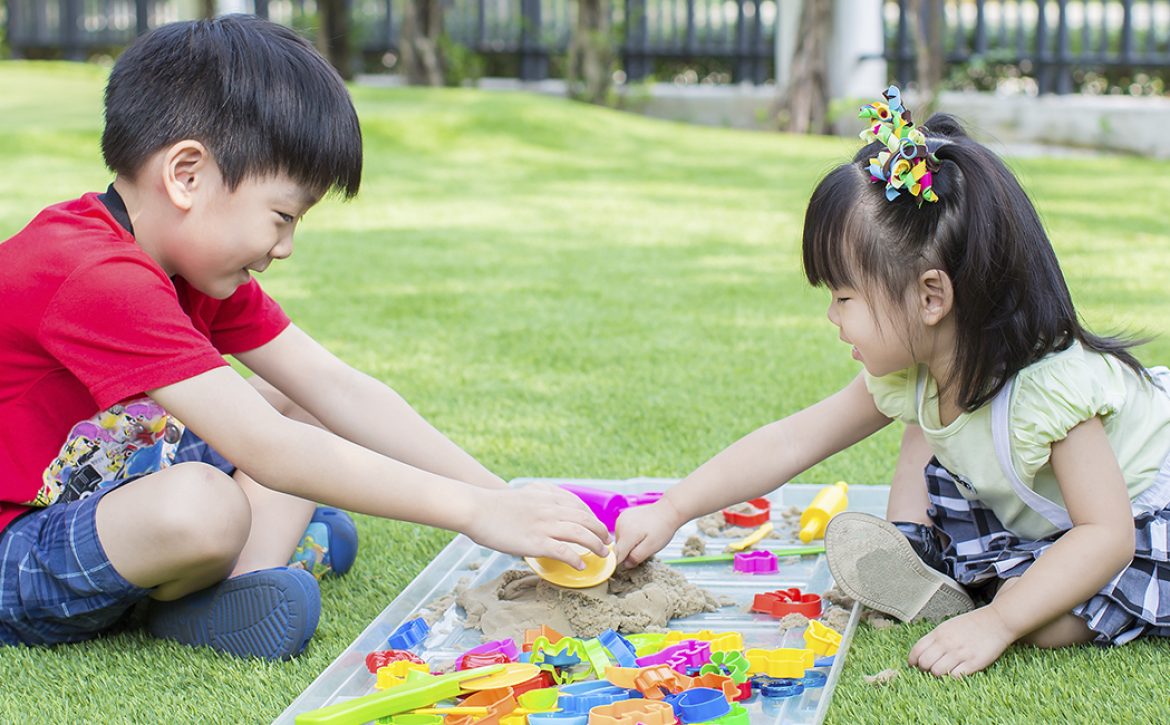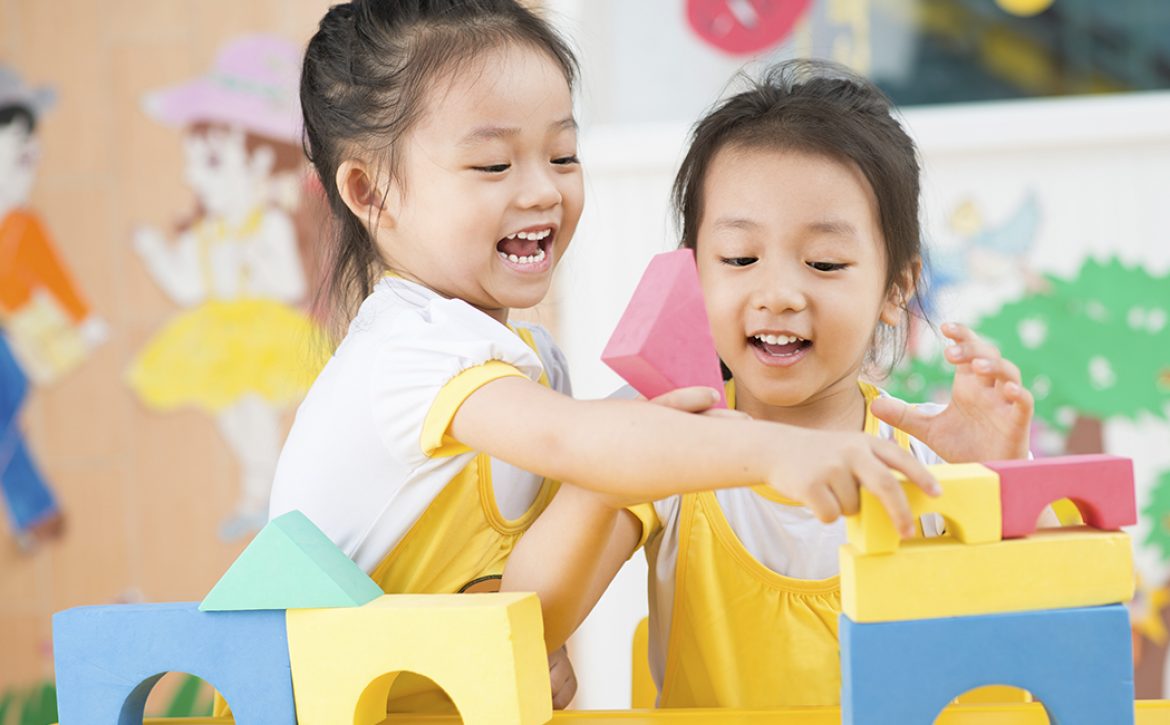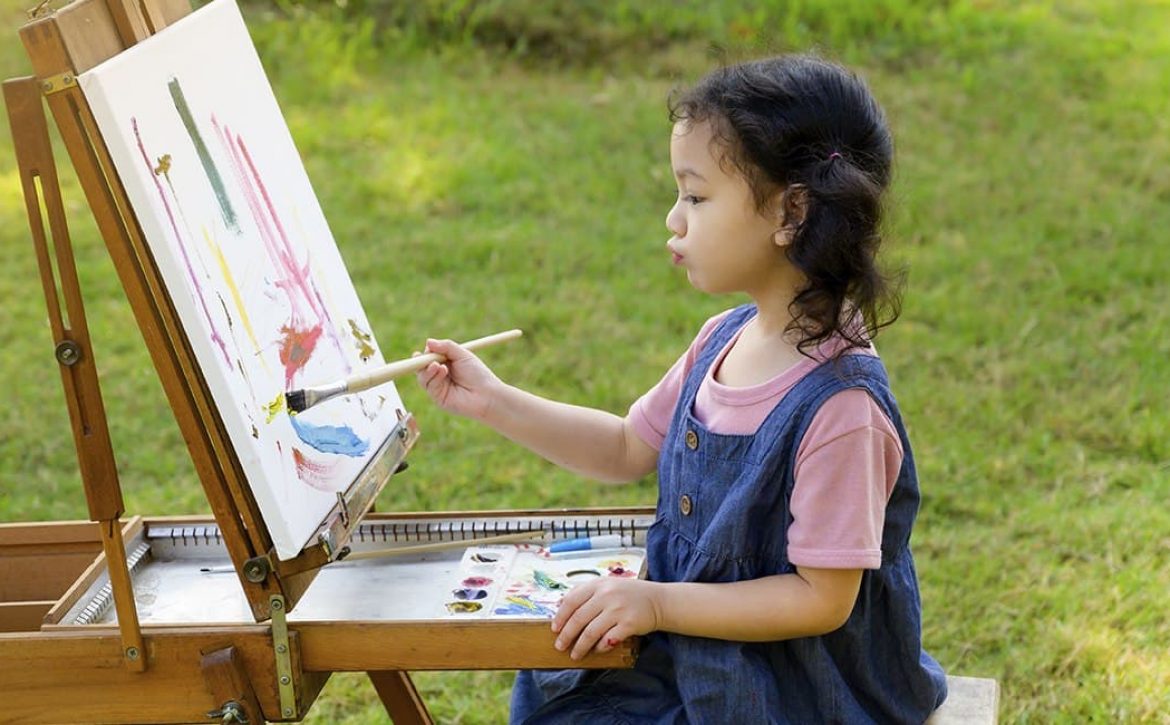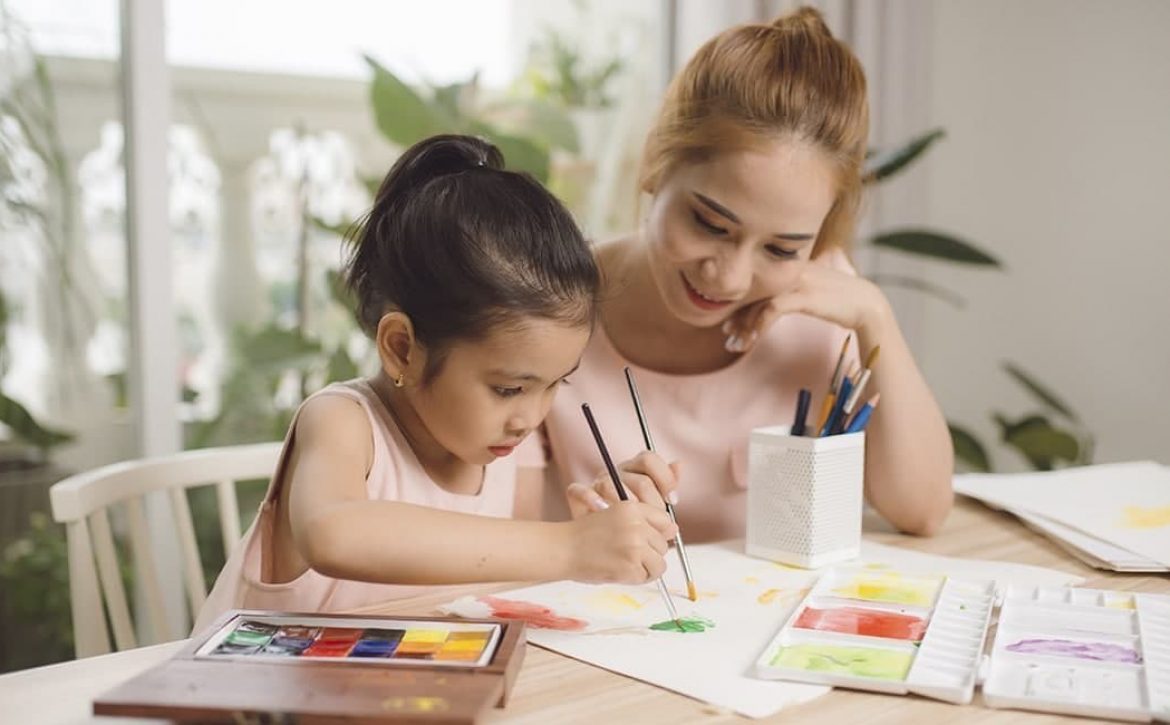Benefits of Nature for Kids
Many parents probably recognize that being outside in nature is good for their children’s health. And the kids who play outside are smarter, happier, more attentive, and less anxious than kids who spend more time indoors.
There are a few things we should know about why nature is good for kids’ minds.
It builds confidence:
Kids play in nature has more advantages than most types of indoor play. There are infinite ways to interact with outdoor environments and it will let your child choose how he treats nature. (Meaning: he can learn how to control his own actions.)
It improves social connection and creativity:
Letting kids spend time in settings with natural elements or giving them structured nature experiences can make for a calmer, socially safe, and fun learning environment. Playing in nature also allows kids to interact meaningfully with their surroundings. They can think more freely, design their own activities, and approach the world in inventive ways.
It teaches responsibility:
It can teach a child to take care of the living parts of their environment. For example; they can learn what happen when they water a plant or forget to water a plant.
It gets kids moving and makes them think:
Most ways of interacting with nature involve more exercise than sitting on the couch. It can get benefits for the bodies for a child. Moreover, the nature creates a unique sense of wonder for kids that no other environment can provide.
It reduces stress and fatigue:
Studies have found that holding a class outdoors one day a week can significantly improve the daily cortisol patterns of students—reflecting less stress and better adaptation to stress—when compared to kids with indoor-only instruction. In natural environments, we practice an effortless type of attention known as soft fascination that creates feelings of pleasure, not fatigue.
In conclusion, the nature can definitely help your kids to increase their creativity, social connection and responsibility. At the same time, you will be creating a way for your family to spend time together that will increase your connection to one another.







